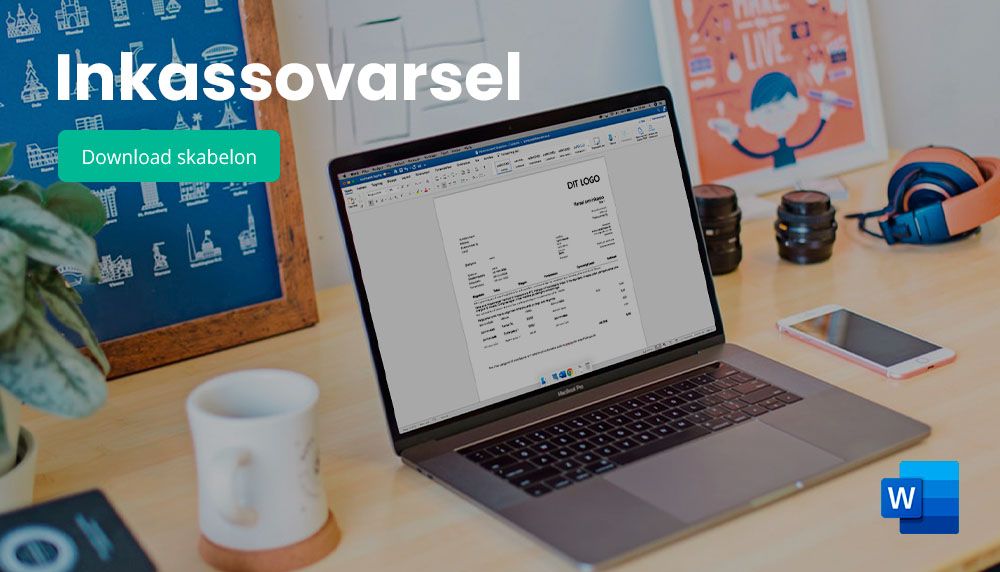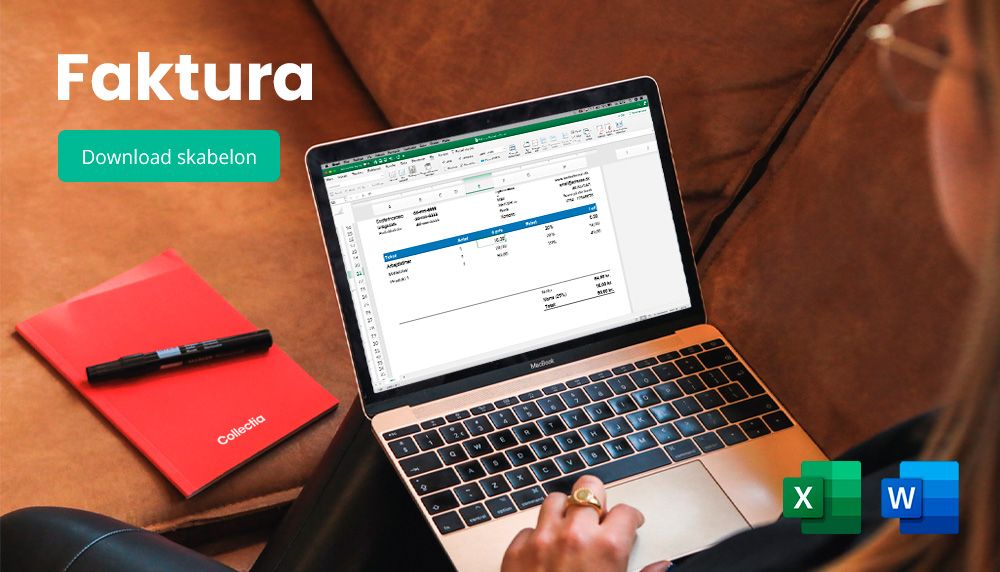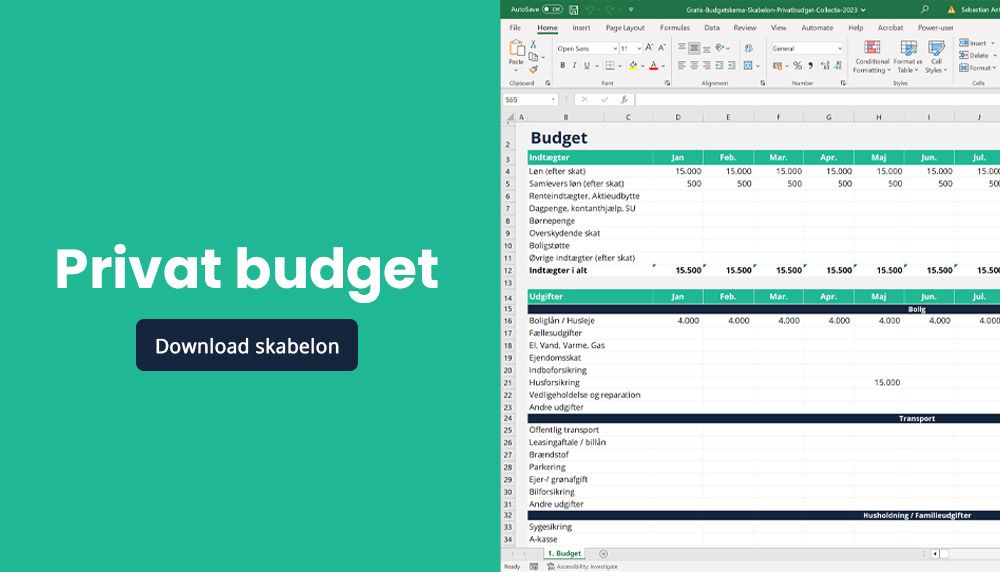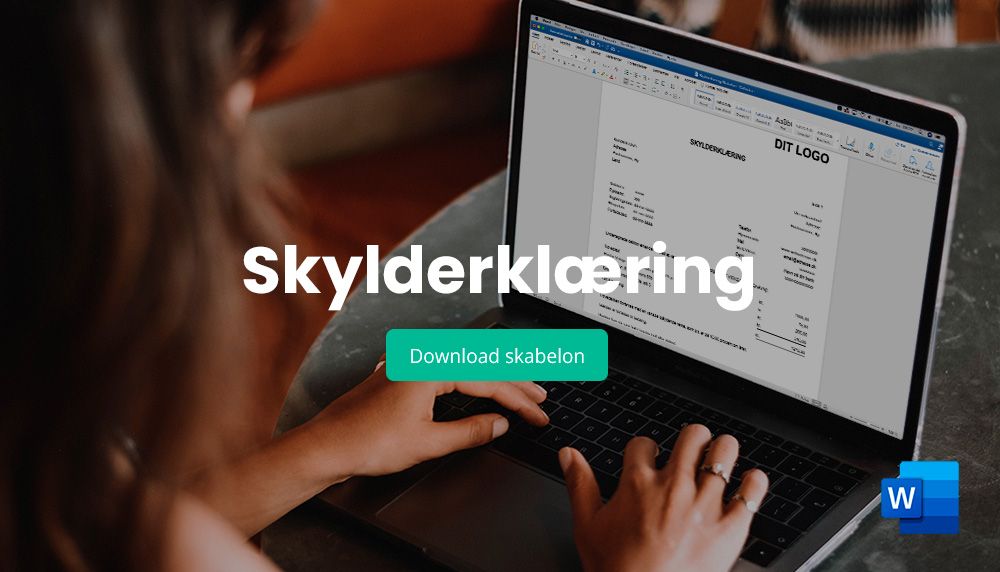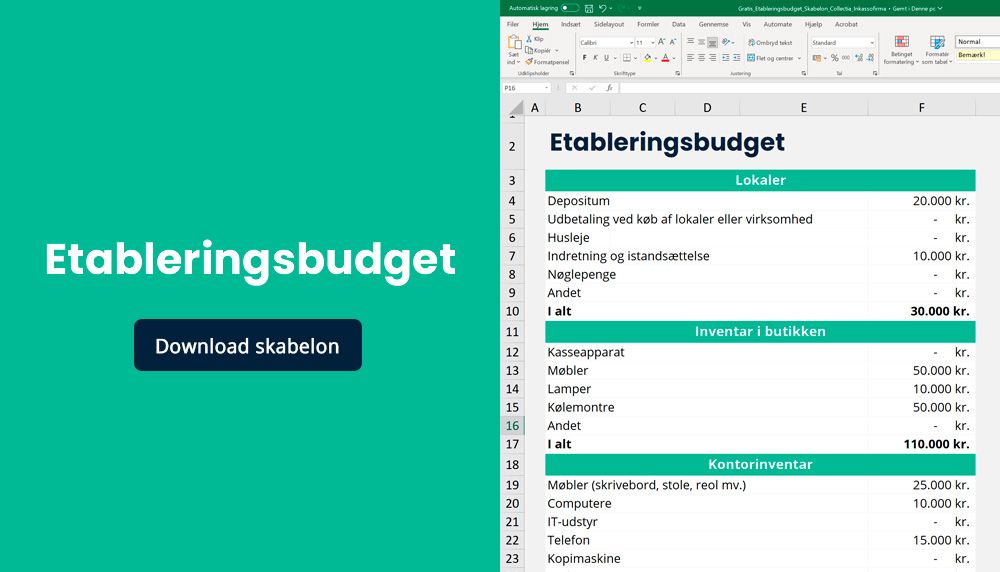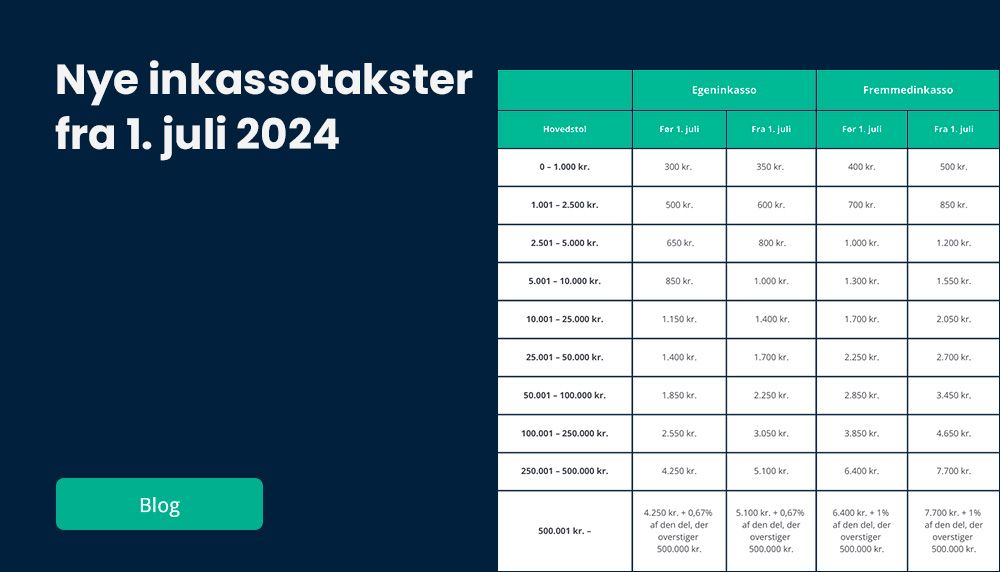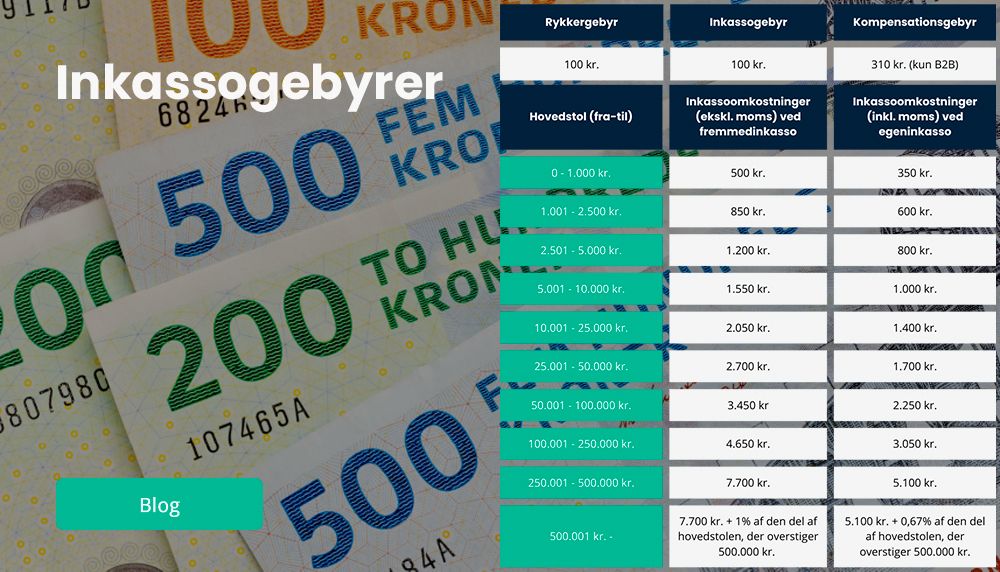
5 economic challenges your business needs to prepare for in 2023
In many ways, 2022 was an exciting year for both private households and, not least, businesses. We also believe that 2023 will be an equally exciting year - for better or worse.
We have polished the crystal ball and in this article we focus on the things that we think you as a business owner will spend time on in 2023. Things that we have already seen a tendency towards in 2022, and which we unfortunately believe will continue well into 2023. Many of the things we have observed can in theory affect many companies, sectors and industries to a greater or lesser extent in the longer term.
At the end of this article, we offer some tangible advice on how we think the problems can be reduced and perhaps even eliminated.
1) An increase in the number of bankruptcies
In 2022, the number of business bankruptcies in Denmark increased. According to Statistics Denmark, we have not seen this level since the financial crisis. As a result of 2,834 bankruptcies in 2022, 13,700 Danes lost their jobs - the highest number since 2013. Unfortunately, the wave of bankruptcies is expected to continue in 2023 - and it is especially small and medium-sized enterprises that will go out of business.
The reason for the many bankruptcies must continue to be seen in the light of the fact that it has become more difficult to do business in Denmark; high raw material prices, high interest rates, rising inflation and general uncertainty both at home and abroad.
2) Increasing number of bad payers
As an authorized debt collection company, we can unfortunately also see the consequences of rising prices, inflation and the increase in bankrupt companies in Denmark. The number of bad payers is increasing. Just as with the bankruptcies, in 2023 we will see an increasing number of Danes who will become bad payers.
Surprisingly, we have not seen a remarkable increase in bad payers in 2022, suggesting that Danes have been in good financial shape. However, Danes are not expected to maintain the same level in 2023, when the crisis will continue. Presumably, more Danes will find it difficult to pay their bills, and thus an increasing number of bad payers are expected.
3) Several payment deadlines are missed
As a (perhaps natural) consequence of both the increasing number of bankruptcies and the increasing number of bad payers, we are unfortunately also seeing more people delaying payments as long as possible. And even more are unable to meet payment deadlines at all.
Late payments hurt many businesses' cash flow and put a lot of pressure on them. When customers ask for longer payment terms, most businesses want to accommodate their customers' requests to maintain a good customer relationship - but also to get their money back.
As a consequence of late payments, many businesses will try to tighten their credit policy, which may make it difficult for customers to buy on credit.
Challenged liquidity may mean that many healthy companies have to dip into savings and in some cases end up pushing companies into a downward trajectory.
4) A decrease in the number of customers
Historically, when similar economic crises and inflation hit Danes, most people cut back on certain consumer goods. The clothing and footwear sector will be particularly hard hit. As a consequence of price developments, many Danes will also check and compare prices before making a purchase. This means that many will be more critical and more selective about their consumption. At the same time, they will be less likely to make spontaneous purchases and be lured by offers.
5) A decrease in turnover
Some industries may not experience a decline in customers, but rather that customers will shop less - fewer purchases and cheaper solutions. This can of course have consequences for the company's top and bottom line.
It has probably not gone unnoticed that both the corona pandemic and Russia's invasion of Ukraine are still affecting many companies in the form of rising costs due to rising energy and commodity prices. This has ultimately resulted in the economic situation we are facing today. Record high inflation, tight monetary policy worldwide, general market uncertainty and supply chain disruptions are crises that will continue to affect us in 2023.
It is clear that we have gone from tailwind to headwind in the Danish economy if we look back just a few years. If we look at the purchasing power of Danes, for example, we have fallen to a level we saw back in 2018. At the same time, consumer confidence has also fallen, and we see subdued real consumption.
All things being equal, it has become more difficult to run a business and reach your desired revenue targets.
The solution to the challenges
At Collectia, we are convinced that 2023 will be a tough year. The only question is who the challenges will affect and how long the crisis will persist.
Can anyone or anything solve the problems? Probably not. Economic crises like these are often deeply rooted in many corners of the economy - both nationally and internationally.
But at Collectia, we still believe that you as a business owner should be aware of the above, be proactive and react to the above. You may already be able to find solutions that can prevent and perhaps even prevent some of the challenges. It is necessary to have a full understanding of all links in the value chain and to identify all risks that may be related to inflation. We are already seeing many companies adopting more local solutions and choosing to spread their production across multiple locations to spread risks and have a more resilient supply chain.
At Collectia, we have been working with debt collection, debtor management, credit assessment and corporate finance for more than 150 years. Experience that has resulted in a wide range of products, services and know-how that we believe can help your company get through a perhaps tough 2023.
Qatchr - credit rating to steer clear of bad payers
Many people know Collectia as a debt collection company, but did you know that Collectia also has its own credit rating service, Qatchr. The service offers you as a business owner a wide range of cool features, ranging from credit rating, bankruptcy analysis, monitoring, data washing and accounting figures on customers and suppliers?
In other words, Qatchr is a service that helps you with credit rating and not least to get a better insight into your customers and their financial situation. Something that we believe can be extremely useful in 2023 - and for many years to come.
We offer you the opportunity to try Qatchr for free. See if the service is right for you and your business.

